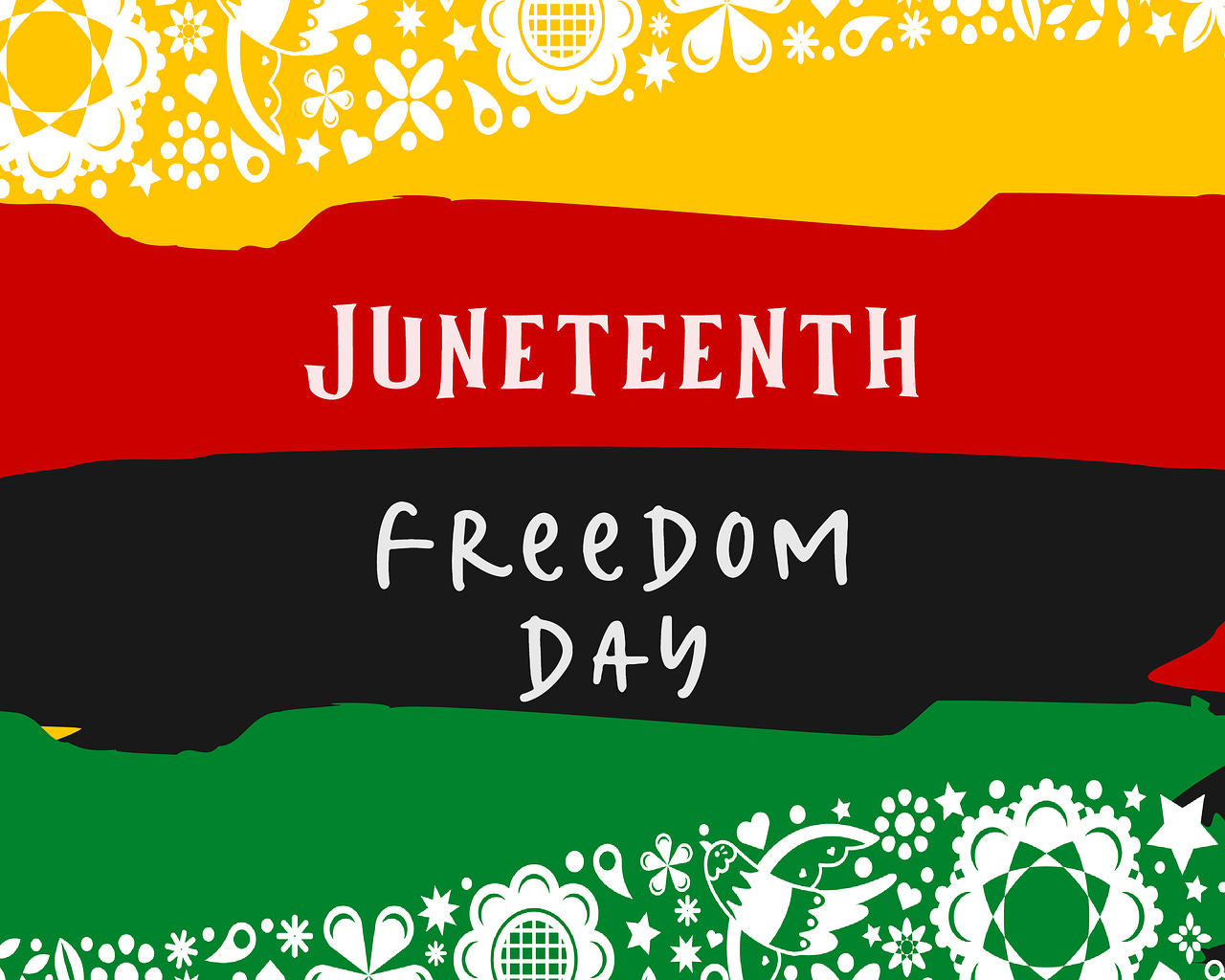Celebrate Juneteenth, an American holiday
Today is Juneteenth, and I have to confess that I had never heard of Juneteenth until a few years ago. I didn’t even think about it today until I missed my Informed Delivery email from the Post Office.
The first time that I remember hearing of Juneteenth was when we lived near Houston. I won’t say Juneteenth was big in our part of Texas, but it did exist.
And for good reason. Juneteenth has its origins in Texas, where, on June 19, 1865, Major General Gordon Granger brought news of freedom and abolition to enslaved people in Galveston. Note that this was two and a half years after the Emancipation Proclamation and more than two months after the end of the Civil War.
PBS notes that freedom still wasn’t instantly granted to all slaves. Some slave owners drove their human chattel farther west to escape the authority of the victorious Union army. Untold numbers of blacks who acted on the news of abolition were lynched or otherwise killed. If they were lucky, they lived on in servitude.
From Texas, the celebration of Juneteenth spread across the South. As blacks migrated north, seeking more freedom and opportunity, Juneteenth went with them.
It was only two years ago that Juneteenth became an official US holiday after being endorsed by both President Biden and Donald Trump. At the time, some decried the new holiday claiming that it was an attempt to replace Independence Day with a racial holiday.
Nothing could be further from the truth. Independence Day is alive and well and the end of slavery, a stain on our national history and honor, is something that we should all celebrate along with the end of the bloodiest war for Americans in our history.
And slavery and the Civil War are inextricably linked. While some point to state’s rights as the cause of the war, the particular state right at issue was slavery. If you don’t believe me, read the declarations of the seceding states to learn, in their own words, why the Confederates wanted to rip apart our constitutional union. Their logic has not aged well.
But Juneteenth wasn’t the end of American persecution of blacks. The victory of the Civil War was largely rendered moot by the Supreme Court in Plessy v. Ferguson when it upheld the separate-but-unequal Jim Crow laws. Slavery might be over, but blacks were still second-class citizens who were often denied the rights that so many had fought and died for. Segregation persisted until the 1960s and 1970s when Congress and the courts reversed the travesty of Plessy.
It misses the point to say that blacks should “get over” slavery because it ended in 1865 and no living American black was a slave. Segregation and persecution continued long after the Civil War. We are only one generation away from Jim Crow and there are still a great many Americans who can remember not being allowed to use whites-only drinking fountains, bathrooms, and lunch counters. This is not ancient history, even by the standards of our very young nation.
Juneteenth is not a “black holiday.” It’s an American holiday on which we celebrate freedom, equality, and our foundational promise that “all men are created equal.”
We have come a long way, and yes, we still have a way to go. But Juneteenth is a reminder of how far we’ve come.
EASTMAN FACES JUSTICE: John Eastman, a lawyer who promoted Trump’s scheme to overturn the 2020 election results, said that he will face a televised trial in California to determine whether he will be disbarred.
CURT SCHILLING THE RADICAL: Curt Schilling, former pitcher for the Red Sox and the Diamondbacks turned political pundit, appeared to advocate violence on Fox News. After decrying politicians and pundits who just “talk, that’s all they are doing,” Schilling said, “There was a man at Concord who decided he was going to pull the trigger and I feel like we’re getting back to a point where somebody is going to have to pull the trigger.”




Fully agree on celebrating the end of slavery. However, I would call it Emancipation Day.